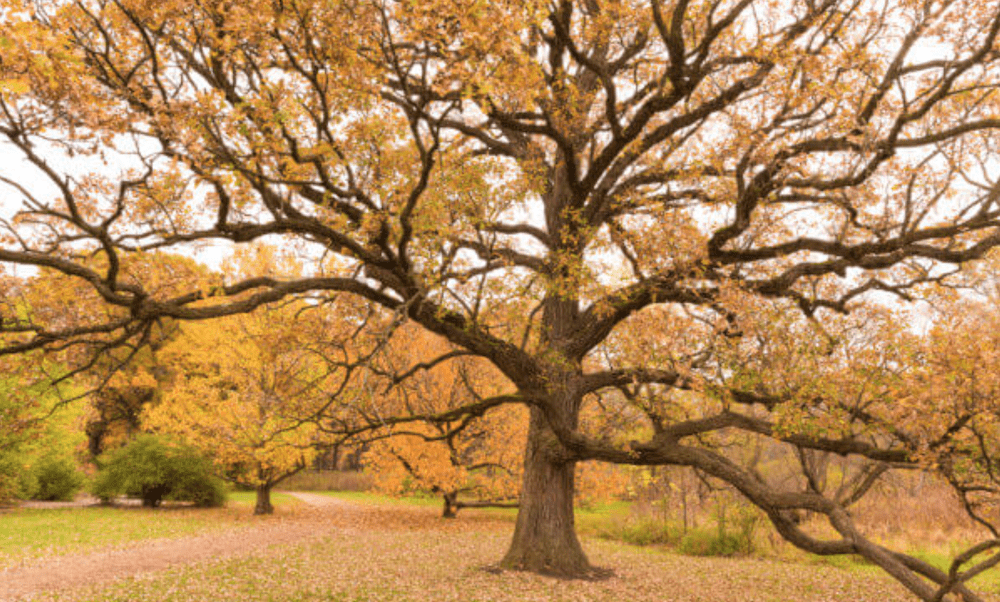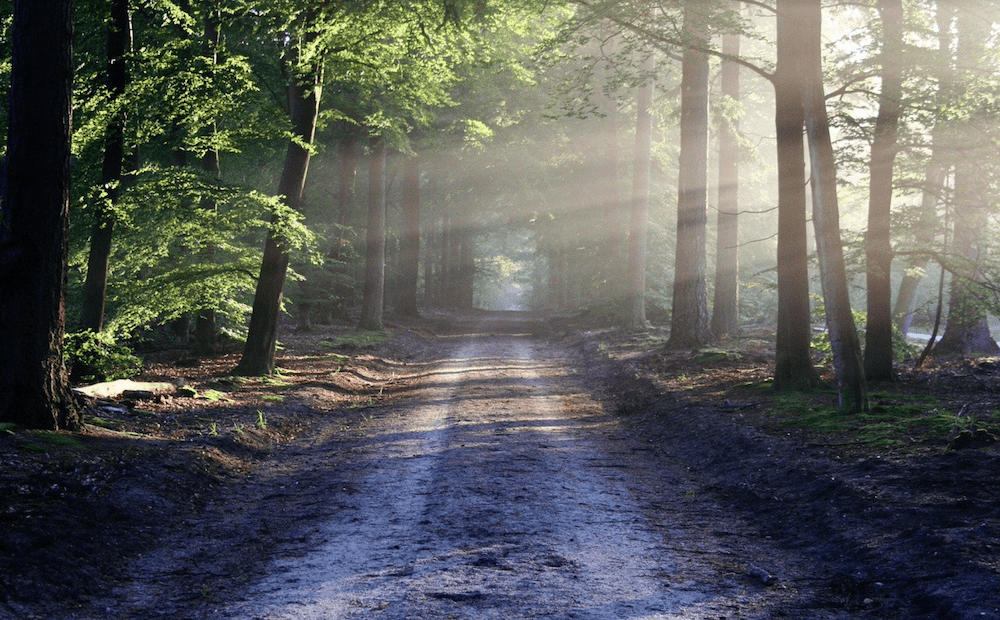The Unassuming Tree that Gives Life to Other Trees in Forest
By Jill Brooke

Like with humans, it is often the unassuming tree or flower that holds the strength in a family and keeps it together.
Researchers at The Morton Arboretum say in many forests which date back centuries, there are a small number of trees that provide genetic and evolutionary benefits to the rest of the environment and actually motivate those trees to grow and prosper.
These findings happened because a rare breed of ancient trees appears to be the key to life for forests all over the world. Calling these pioneering trees – “trees of life,” they usually are 10 to 20 times older than the average plant species dwelling in that forest.
“We examined the demographic patterns that emerge from old-growth forests over thousands of years, and a very small proportion of trees emerge as life-history ‘lottery winners’ that reach far higher ages that bridge environmental cycles that span centuries,” says Dr. Chuck Cannon, director of The Morton Arboretum’s Center for Tree Science
Study authors say the ancient trees radically change the genetic diversity and health of the surrounding trees which arrive later on. And, all of this keeps forests from dying out, while thriving for thousands of years.
“In our models, these rare, ancient trees prove to be vital to a forest’s long-term adaptive capacity, substantially broadening the temporal span of the population’s overall genetic diversity.”
These studies further advance our knowledge of trees and hopefully inspire you and your families to dig deeper into the nature that surrounds you and the lessons to be learned. For example, we had reported on how South Korean researchers say that cherry trees could be used to combat climate change, with the ability to offset greenhouse gases.
After all, in recent studies, it was learned how trees actually give nourishment to those that are related to them and can determine friends and foes as well as problems in the matrix of soil. Another story we covered was on survival lessons learned from California redwoods.
The more we learn about trees and nature, the more we will learn about ourselves and our future.

Jill Brooke is a former CNN correspondent, Post columnist and editor-in-chief of Avenue and Travel Savvy magazine. She is an author and the editorial director of FPD and floral editor for aspire design and home magazine and contributor to Florists Review magazine.
